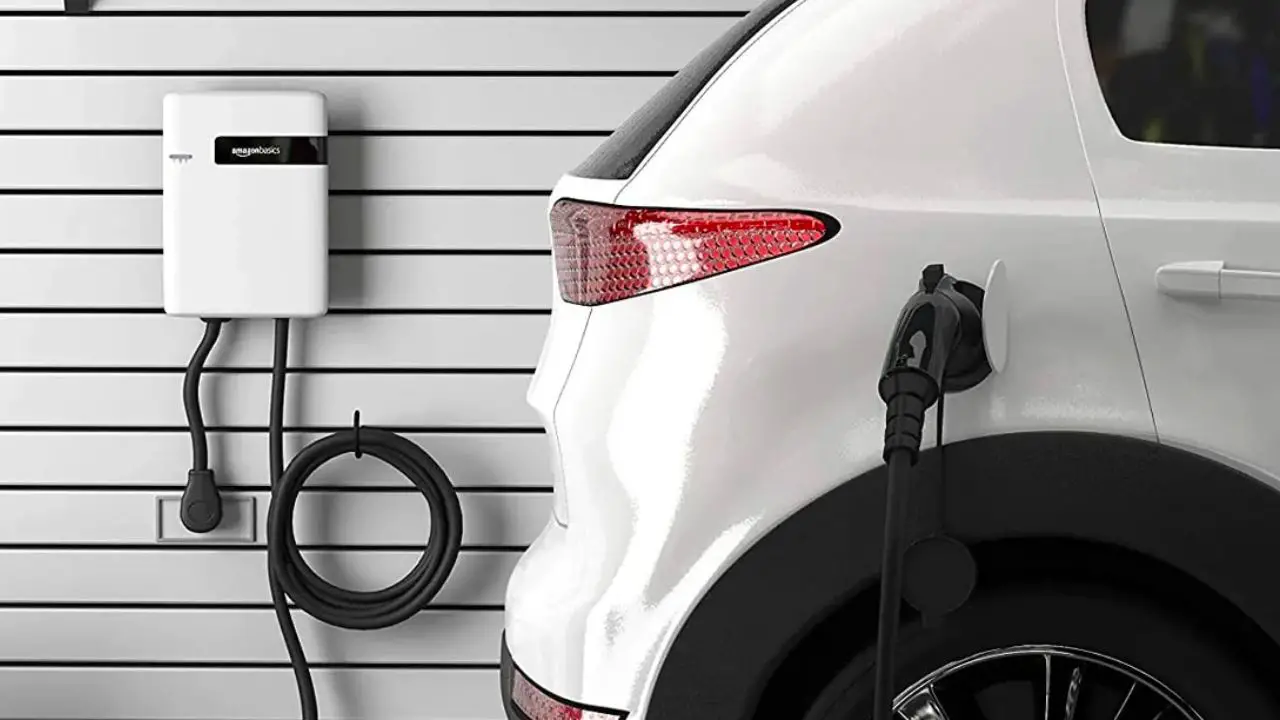Can I Charge My Electric Car with Home Solar Panels?
Yes, you can charge your electric car with home solar panels! It's efficient, cost-effective, and reduces carbon emissions. Just ensure your solar system can generate enough power for your EV and home.

As a long-time advocate and user of solar power, I've had my fair share of questions and skepticism. One that stands out is, "Can I charge my electric car with home solar panels?" The idea may seem a bit far-fetched to some, but the truth is, it's not just possible — it's incredibly efficient and feasible. Let's delve into the details.
How Does It Work?
First, let's get an understanding of the process. Your solar panels capture the sun's energy and convert it into electricity. This electricity is then used to power your home and appliances, including your electric vehicle (EV) charger. The connection is usually straightforward, akin to plugging in your kettle or your laptop.
This form of renewable energy has always fascinated me. From simple applications like solar-powered toys to practical uses like solar-powered security lights, the possibilities are endless. But it's the idea of running an EV on solar power that's truly remarkable.
Advantages of Charging EVs with Solar Power
The decision to charge your EV with solar power is not just feasible, but it comes with a host of advantages that can improve your life, save money, and preserve our environment. Here's a deeper dive into these benefits:
- Reduced Energy Costs: It's no secret that owning an EV can increase your home's energy consumption. With every charge drawing from your home's electricity supply, you might see your energy bills climb. However, by installing solar panels, you can significantly offset these costs. The panels generate free electricity from the sun, which can be used to charge your EV. This approach can save you hundreds, if not thousands of dollars annually.
- Less Carbon Emission: Solar panels generate green, clean energy. This reduces the dependence on traditional electricity that's often generated from fossil fuels. Charging your EV with solar power ensures your travel is powered by renewable energy. This significantly decreases your carbon footprint, allowing you to contribute positively to the fight against climate change. From using solar-powered water fountains in your garden to running your EV on sunshine, every step towards renewable energy helps.
- Energy Independence: When you produce your own energy, you decrease your dependence on the grid. This can be incredibly beneficial during power outages, high-demand periods, or even regular times when you simply want to be self-reliant. Not to mention, energy independence often brings a sense of pride and accomplishment. It's a feeling I often experience when using my solar-powered camping gear while living off the grid.
- Increased Property Value: Homes equipped with solar power systems can see a significant increase in property value. Prospective home buyers are more inclined towards houses with solar panels installed, as it guarantees reduced electricity costs and a smaller carbon footprint.
- Government Incentives: Many countries offer incentives for homes utilizing renewable energy sources. This can range from rebates, tax credits, or even feed-in tariffs where you can sell unused energy back to the grid.
Embracing solar energy to power your home and charge your EV is not just an investment in your immediate future, but in the long-term sustainability of our planet. As I often say, the sun is the ultimate source of power. It's about time we harnessed it more effectively.
I often share these advantages on my outdoor adventures, showing off my handy solar-powered camping gear. The reactions are always priceless. People begin to realize how feasible and beneficial solar power is, not just in remote camping scenarios, but in daily life, too.
Making It Work: The Nitty-Gritty

Let's talk about making this work at your home. First, you need to install solar panels with sufficient capacity to generate enough power for your home and your EV. Keep in mind, the average EV needs about 30kWh to 60kWh for a full charge. So, your solar panel system should be robust enough to generate this extra electricity on top of your home needs.
The number of panels needed will depend on their efficiency, the amount of sunlight your location receives, and the power requirements of your EV. It's important to work with a solar installation expert to get a system that fits your specific needs.
Maintaining your solar panels is key to keeping everything running smoothly. Lucky for you, I've written a comprehensive guide to maintaining solar power lights that can apply to larger solar panel systems too.
Conclusion
To answer the question, "Can I charge my electric car with home solar panels?" — the answer is a resounding yes. It's a brilliant way to increase energy independence, reduce carbon emissions, and save on energy costs. The future of transportation is electric, and the future of energy is solar. As a solar power enthusiast and expert, I believe the combination of these two technologies can lead to more sustainable and self-reliant lifestyles. The sun, after all, is the ultimate source of power, and it's about time we used it to its full potential.

